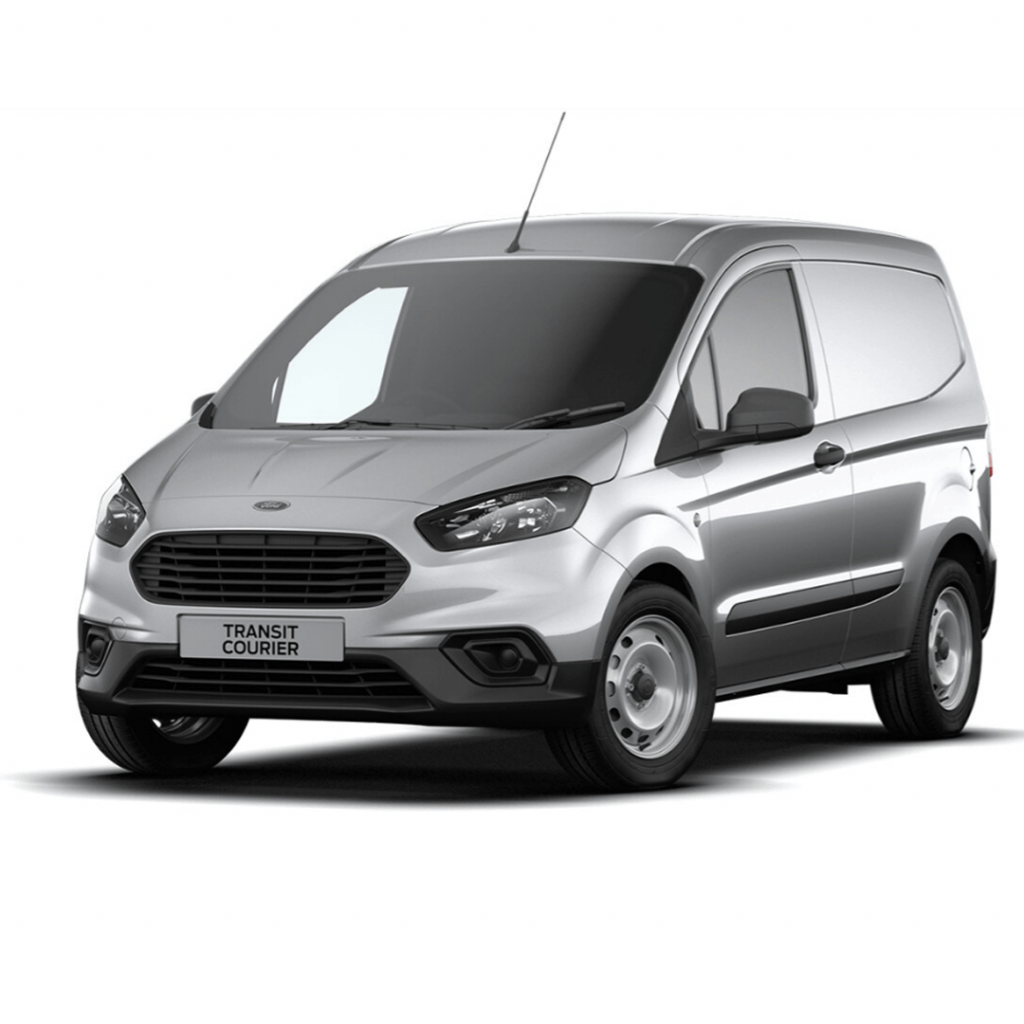The Importance of Customer Service in Van Leasing
Van leasing is a great way to invest in your business. And while we know it’s much more cost-efficient than buying, it’s still […]
August 15th, 2023
If you’re looking to expand your business, a brand new van is a great way to drive growth. There are lots of benefits to leasing, but if you haven’t leased a van before it can be hard to know where to start.
Here we’ll take you through the benefits of leasing, how you can lease a van, and the types of van lease available to you. So, you can be fully informed and ready to take your business to the next level.
Van leasing is a cost effective way to ensure your business has use of a brand new vehicle. You’ll pay a finance company an initial rental (usually 3x monthly cost), then pay a fixed monthly cost for 2-5 years while you use the van.

There can be a lot of jargon involved if you’re looking to lease a van. Here at Global Vans, we keep it simple. Our leasing experts are always on hand to answer any questions you have, and with 20+ years of experience, we can definitely help you make the right choice.
First step – You’ll explain your requirements to one of our leasing experts and we’ll source you your perfect van and tailor a finance agreement to you.
You’ll then virtually sign your order form and we will reserve your vehicle.
We will propose you to our funders who will perform a credit check.
We’ll take care of all the admin and arrange your finance documents. Once signed, our Deliveries Team will book in your van delivery.
And that’s how you lease a van. Easy!
We offer 3 financing options Contract Hire, Hire Purchase, and Finance Lease.
Contract Hire:
If you’re looking to lease a van through a Contract Hire agreement, you will benefit from a fixed monthly cost over the 2-5 year term of the lease. At the end of your agreement, your van will be collected by the finance company – so no need to worry about the hassle of disposal!
Contract Hire agreements are, however, subject to excess mileage and damage charges. So, it’s important that you are accurate with your quoted annual mileage, and take good care of the van throughout your agreement.
Hire Purchase:
If you want to lease a van with the goal to own it at the end of your lease, then Hire Purchase is the finance option for you. Because you will own the van at the end of your 2-5 year term, there won’t be any excess mileage or damage charges written into your agreement.
Hire Purchase agreements treat VAT differently to other leases. Rather than spreading the VAT across the term of the agreement, the full VAT cost is paid upfront with your initial payment. This can make your initial payment more expensive, but over the term you lease a van, the payments with be lower.
Finance Lease:
Finance Lease is often described as “the best of both worlds”. Your end of lease options are flexible, VAT is spread across the term of the lease, and you won’t be subject to expensive excess mileage and damage charges.
For further information on leasing options, so you can make the right decision for your business – Contact Us or call 01179625314 to speak to one of our Leasing Experts.
Van leasing is a great way to invest in your business. And while we know it’s much more cost-efficient than buying, it’s still […]
Looking for a large van lease, but you’re not sure which van to choose? We’ve got you covered. In this article, we’ll walk […]
Whether you’re a window cleaner needing to transport a 1000L tank, or you just need to make sure you can get materials and […]
Leasing a vehicle has lots of benefits for businesses. You’re able to spread the cost of your vehicle across the term of the […]
Commercial pick-ups are versatile, multi-functional vehicles. You can carry heavy loads, tow, and even transport your team. With major manufacturers offering great commercial […]
Finding the right van for you and your business is important. As the best-selling commercial vehicle in the UK the Ford Transit Custom […]
As we all pay more attention to how we are affecting the environment, you may have considered how you can reduce the environmental […]